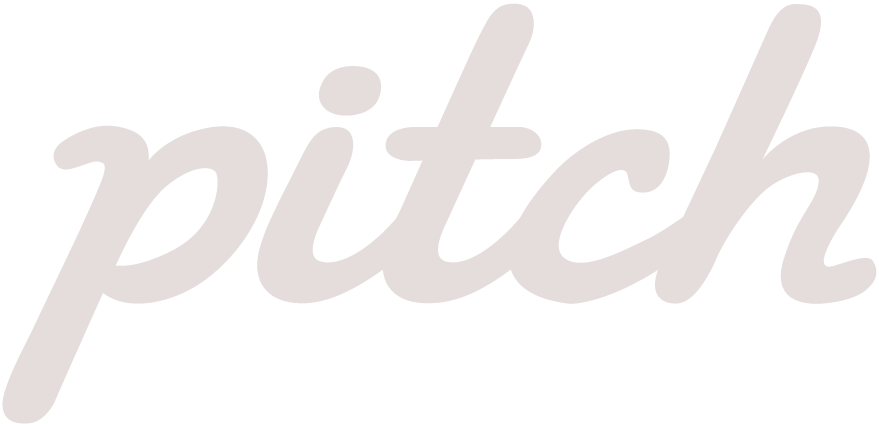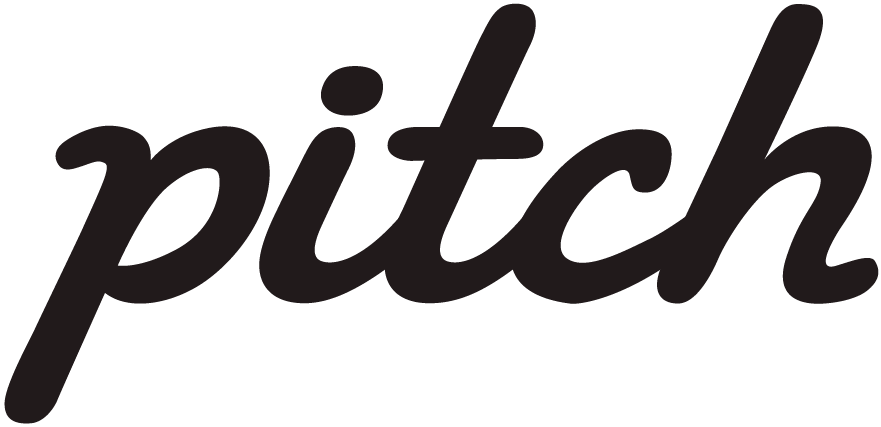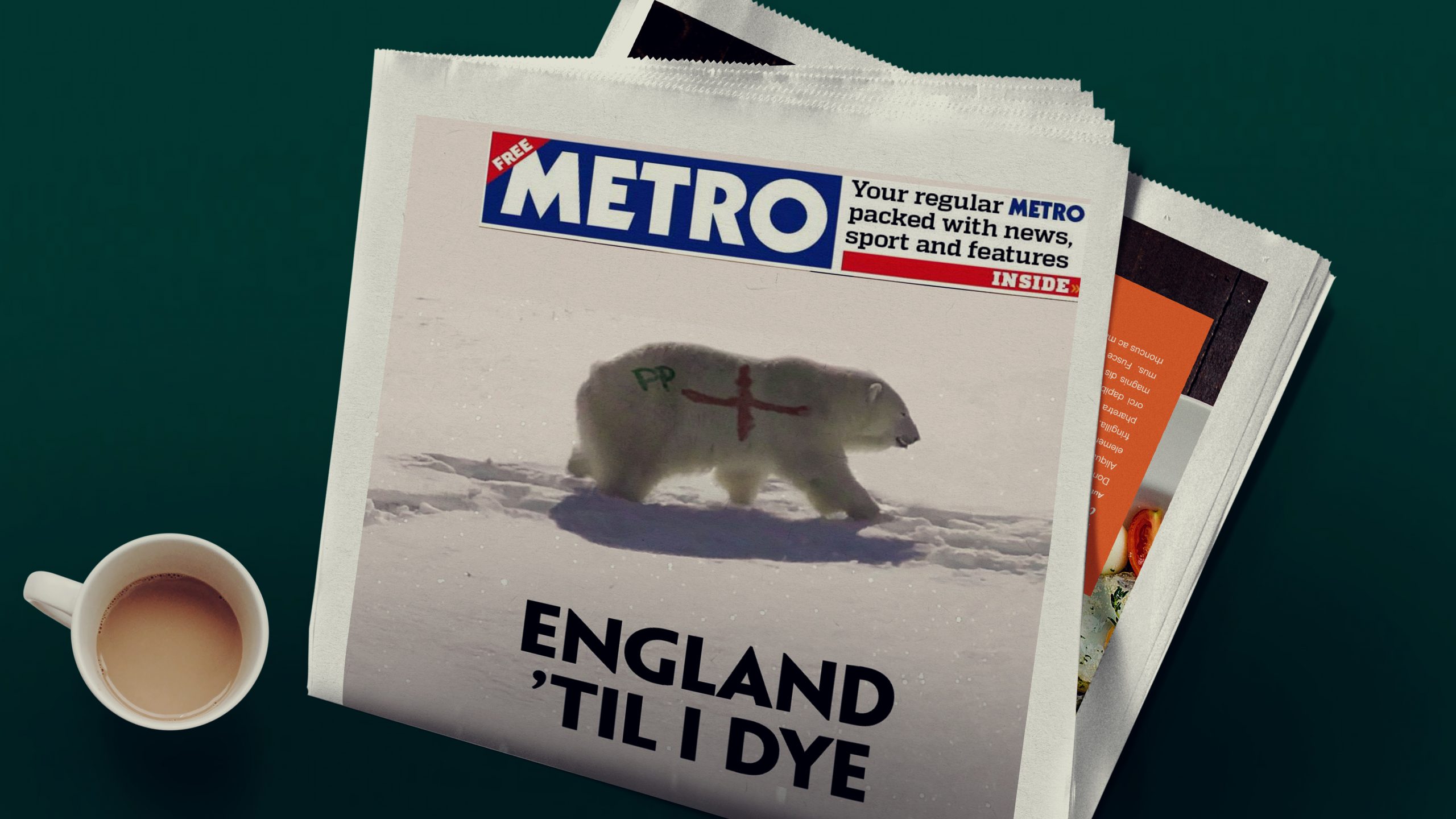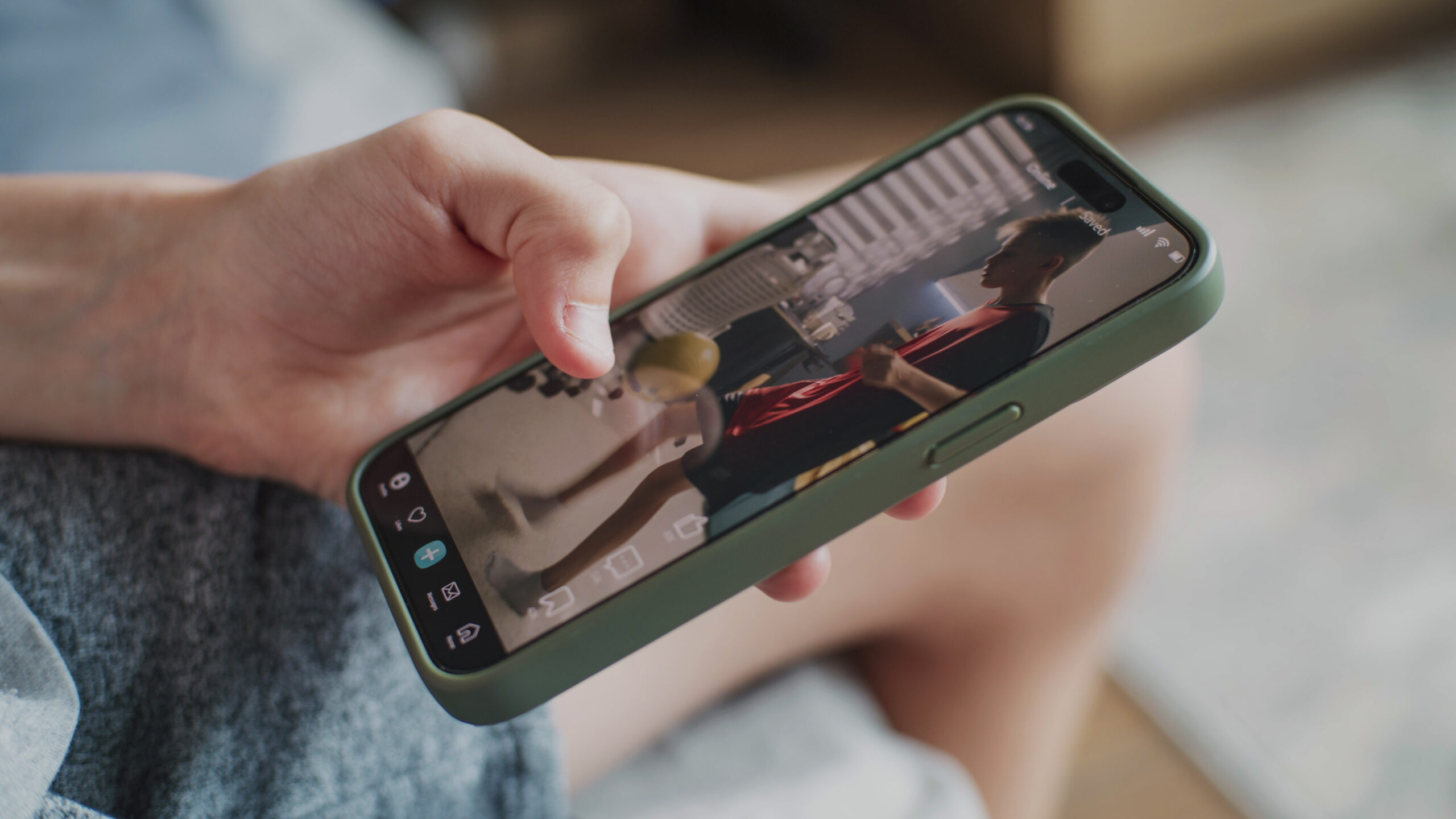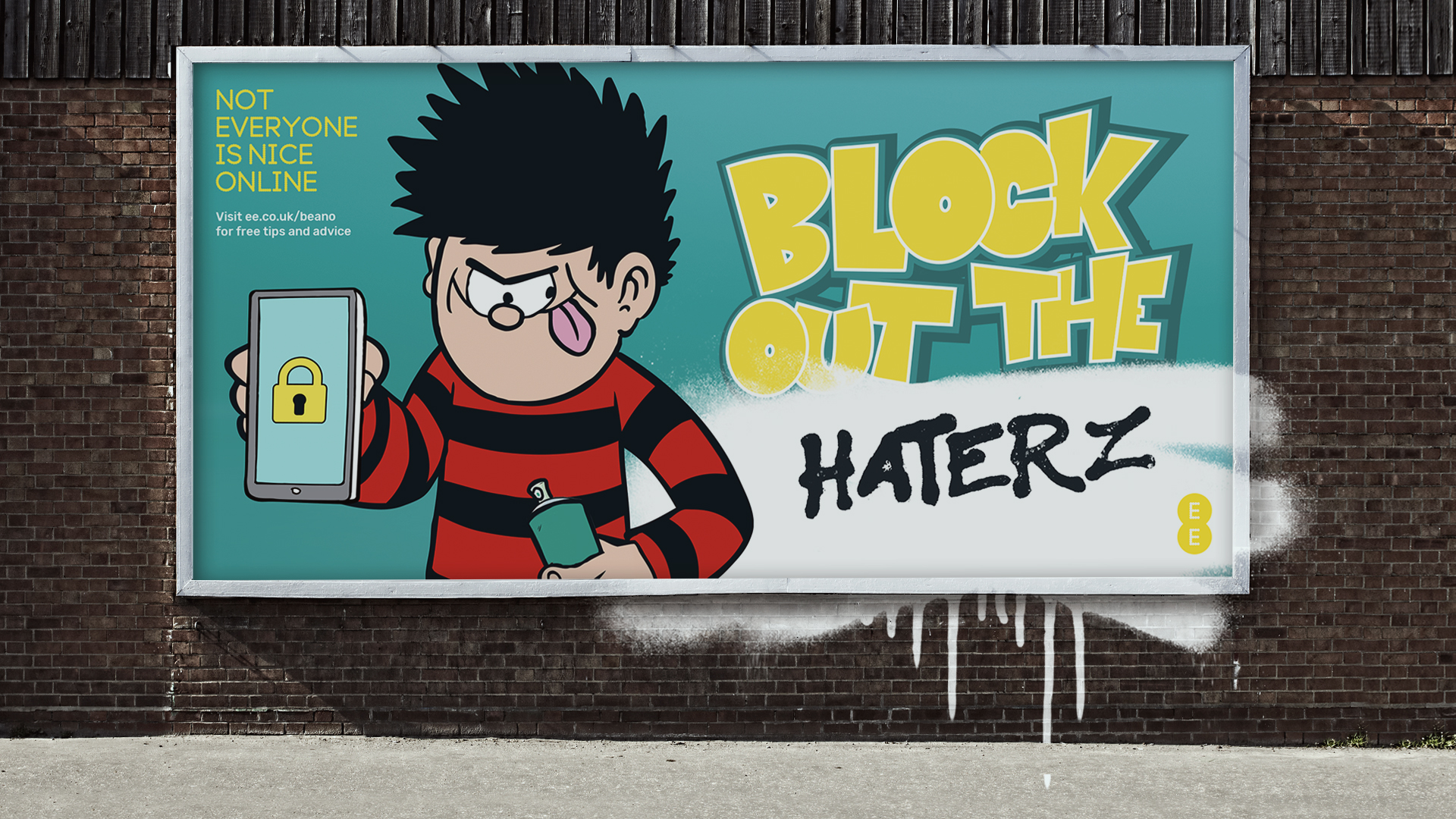Being creative is easy. My mum knits, she’s creative, that’s how easy it is.
These days anyone can create a hit YouTube video, shoot a beautiful photo or even write a compelling piece of copy. With so many new tools at our disposal, everyone should be creative, right?
But, there’s a big difference between being creative and being A creative.
A creative has a point of view, be that their own, or the brand they work for. They have something to say. A musician, a painter and yes, even a marketer, is trying to elicit a reaction, a change-in-behaviour from an audience. They are not waiting to see what happens, they are trying to make shit happen.
Every day we come to work and try to create campaigns that leave a mark and stand out in the sea of unending images, videos, sounds and sights that constantly bombard us. We’re trying to create something distinctive.
Creating distinctive ideas shouldn’t be easy. It should be, and is, bloody difficult.
Creativity doesn’t suddenly arrive in a 30-minute brainstorm in a bright room. It doesn’t spontaneously appear the moment you’ve opened PowerPoint and started writing a deck.
The process of creating distinctive ideas should make us tear our hair out, stare blankly at walls and drown our sorrows in a dark room, wondering where the inspiration will come from. It should make us doubt ourselves our skills and our imagination. And it does.
That’s the pain we went through to create two of our most distinctive campaigns of the last twelve months, Betfair’s Switching Saddles and Lyst’s Doggy Style, both of which are up for PR Week Awards tonight.
The idea for Switching Saddles (wherein Victoria Pendleton took on the challenge to become a jockey and ride at Cheltenham) evolved over a two-month period, starting as a PR stunt idea, before coming to fruition as a year-long campaign that captured the attention of the nation.
During those two months there were some challenging days, where the idea felt too big for anyone to take on and was shelved while we pushed on in other directions. Fortunately for us, and Betfair, after at least four failed creative presentations, we went back to it and emerged with the perfect candidate, Victoria Pendleton, who accepted the challenge.
There were a lot of brave moments that led to that campaign getting off the ground, not least of all from our clients at Betfair, who deserve all the credit for having the audacity to back the idea and fight for it internally, when it would have been much easier just to walk away.
In the end, and thanks to the work of an amazing athlete, the campaign came together. That moment at Cheltenham when Victoria crossed the finish line in fifth was one of the proudest moments our agency has experienced.
Doggy Style, our campaign for Lyst, came to us a lot easier, but it also came with a lot of doubt. It was one of those ideas that seemed too crazy to pitch, but too good not to. Dogs and fashion are two of the most talked about things on the internet, why shouldn’t we put them together?
Again, the idea was perfect for a brave brand. Lyst was a relatively unknown player in the fashion world, aggregating the best clothes from around the web. They don’t have anything tangible to sell, no products, just a service. So we needed to create a point of difference, that drove traffic to their channels and got them noticed.
The concept of selling puppies online as fashion accessories was sure to raise a few eyebrows, and it did. There were plenty of times we questioned the creative along the way, but we always kept our focus. Distinctive campaigns should make you question yourself, the creative and the execution. They shouldn’t feel obvious or easy.
Sure, we could of ‘re-hashed’, ‘re-imagined’ or ‘paid homage to’ something we saw or heard the week before. Of course we could have gone down the ‘tried and tested’, the ‘proven’ or the ‘sequel’ route. It sure would have been easier to convince our client that they wouldn’t lose their job if it all went wrong.
But where would that have taken us? I imagine it’s pretty close to where we started, just a year down the road.
Creating distinctive ideas should be hard, otherwise, what’s the point?
